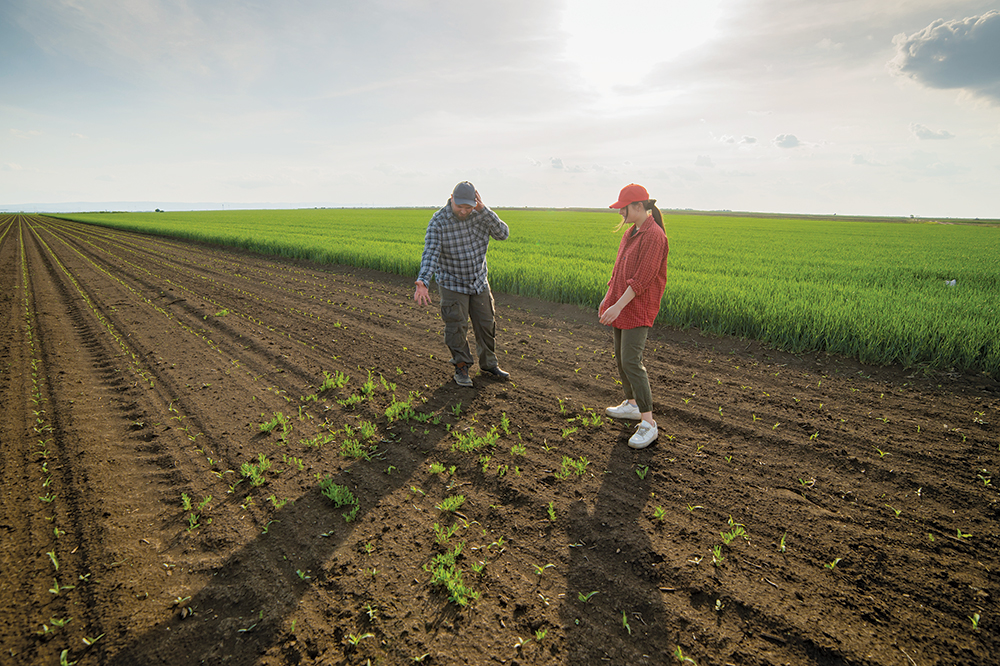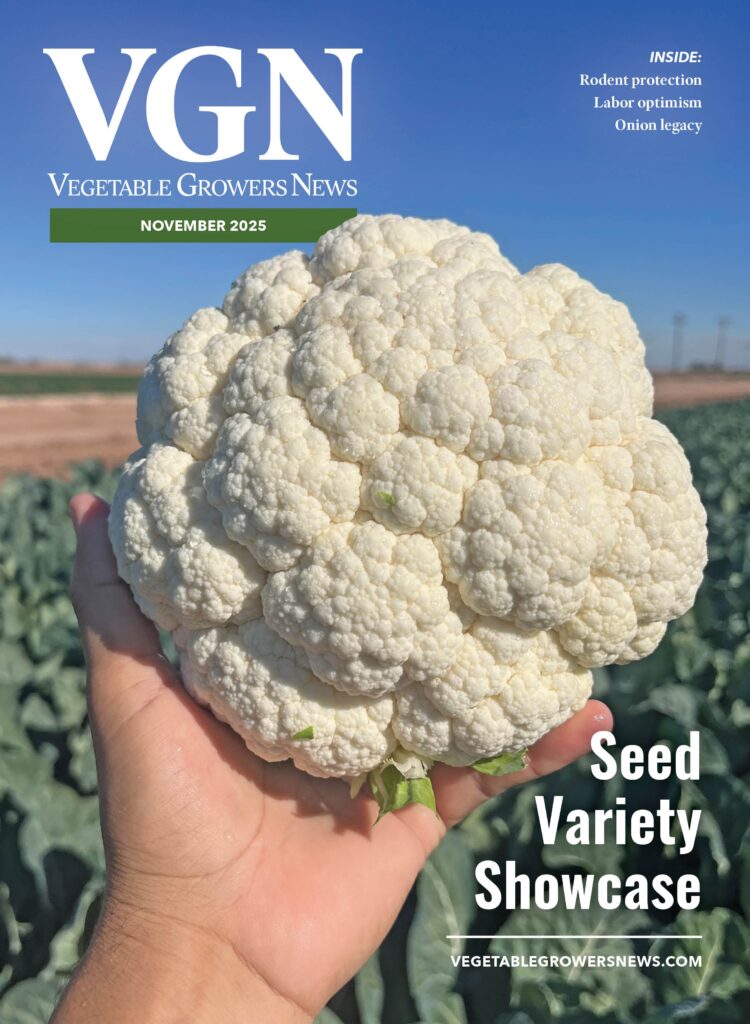
Mar 31, 2025Preparing for your preparer
This time of year is busy, and one task a grower may have is to schedule meetings with tax professionals. There are advantages to carving out time to work on taxes now instead of in the early part of the new year.
One of the main advantages is that businesses can evaluate where tax planning and management stands. This allows the client (as well as the client and the preparer together) to determine what a business’ objectives are by the end of the year. If operations experienced a lower income year, making additional sales could generate revenue and possibly a lower income tax rate. This could include selling off business assets as the depreciation recapture or possible lower capital gains treatment rates.
Oftentimes for tax management, businesses default to taking as much expense as possible in a given tax year. However, if income is already low for the year, it may be advantageous to use those expenses in the next tax year. This strategy could include using depreciation sparingly, not prepaying farm expenses and cutting back on other discretionary farm expenditures. It can be as simple as waiting to purchase farm inputs in January of the next year as opposed to November or December of the current year (assuming this does not hurt the production schedule of the farm).

Another opportunity is amortizing fertilizer and other soil amendments. This spreads the expense over a given life, typically five years, instead of recognizing it all in the current tax year. Repairs and maintenance items for the farm can also be capitalized and spread over several years as opposed to taking all of the expense in the current year. Again these are ways farms can recognize more income in the current time period and save expense items for when farm income may be higher. In times of high income, the opposite strategies would be appropriate.
Holding off on making additional sales during the year may slow revenue recognition. This could include installment sales, deferred payment contracts, deferring any disaster payments and delaying selling any business assets.
To lower taxable income, recognize additional expenses through depreciation, prepaid inputs or otherwise try to find ways to reinvest in the business or take personal deductions. If high income still seems likely, Schedule J income averaging may be another tax planning opportunity for the farm. Often a tax preparer may clean up a business’ accounting records.
Generally, late fall would be a slower time for CPA and accounting firms. They may be pleasantly surprised to have work when things are not so hectic. Again, getting a clear picture of revenues and expenses at this stage can help with decision making, tax or otherwise. For a preparer, clients that are easy to work with are going to receive better outcomes and better service.
One likely has ideas or plans to share with tax advisors who can alert on possible negative tax outcomes. Too often preparers get a call after the fact and then are charging the farm to do clean-up. Each year will be unique much like the farms and preparers themselves, but spending a bit more time in the relationship especially before yearend may pay dividends for all involved.

As a disclaimer, these are general comments on working with a preparer to help a farm think about tax planning. This information is being provided solely for educational purposes. You are encouraged to work with a tax professional or preparer who knows you and your business and can advise you on the facts and circumstances of your operation.
The IRS, state CPA societies, and word-of-mouth are great ways to learn of local tax professionals. Working with a professional who has agriculture experience can be a great benefit. Additionally, IRS Publication 225 – The Farmers Tax Guide is a great resource for producers wanting to learn more in this area.
Kevin Burkett has worked with Cooperative Extension for the past eight years. Currently he serves as an Extension associate with Clemson Cooperative Extension. His programming focuses on farm financial management in an effort to help farmers be profitable and sustainable. Kevin also has his CPA license and provides tax education to farmers, tax practitioners and others.
















